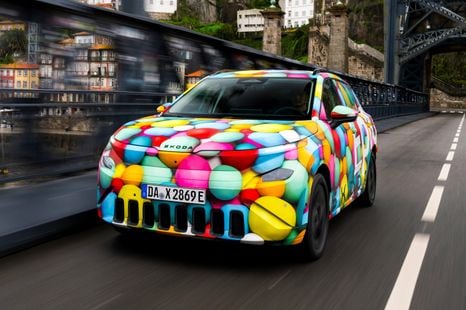

Dave Humphreys
2027 Skoda Epiq review: Quick drive
3 Hours Ago
Bosch might not stop the semiconductor shortage, but a huge investment in a new factory is a step in the right direction.

Contributor
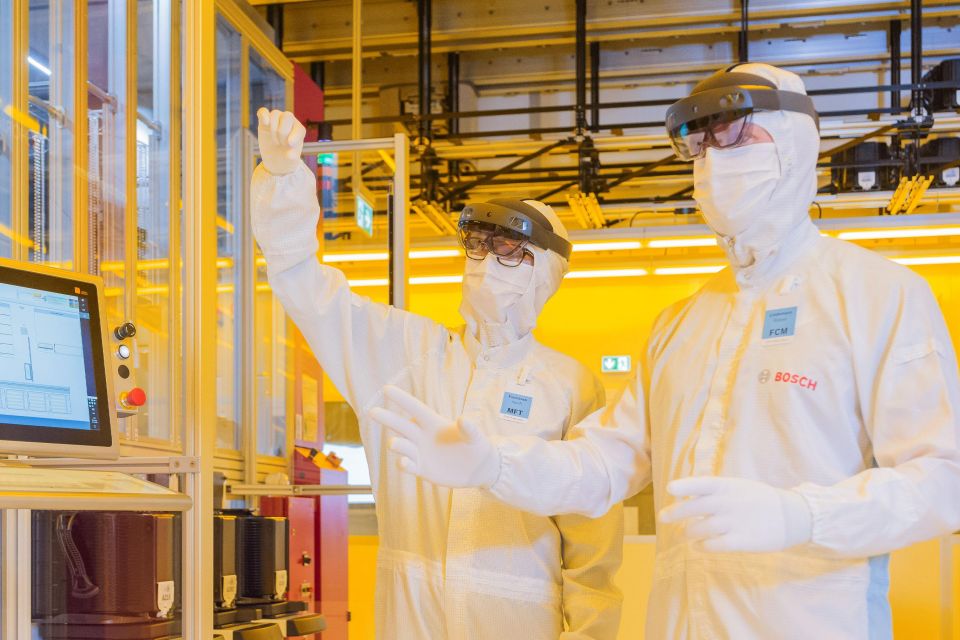

Contributor
Bosch is making a record investment in a new factory designed to ease the global semiconductor shortage crippling carmakers around the world.
The electronics corporation has opened a €1 billion (A$1.57 billion) chip plant – or wafer fab – in Dresden, Germany, which will produce 300mm wafers used to manufacture semiconductors.
“Every chip that we make here in Dresden is one chip less that is lacking. That helps,” management board member Harald Kroeger said.
The chip shortage has had a major impact on Germany, with Chancellor Angela Merkel saying that it has hampered Germany’s economic recovery.
“We aren’t in pole position – we have to catch up,” Ms Merkel said. “We must be ambitious. Our competitors around the world aren’t sleeping.”
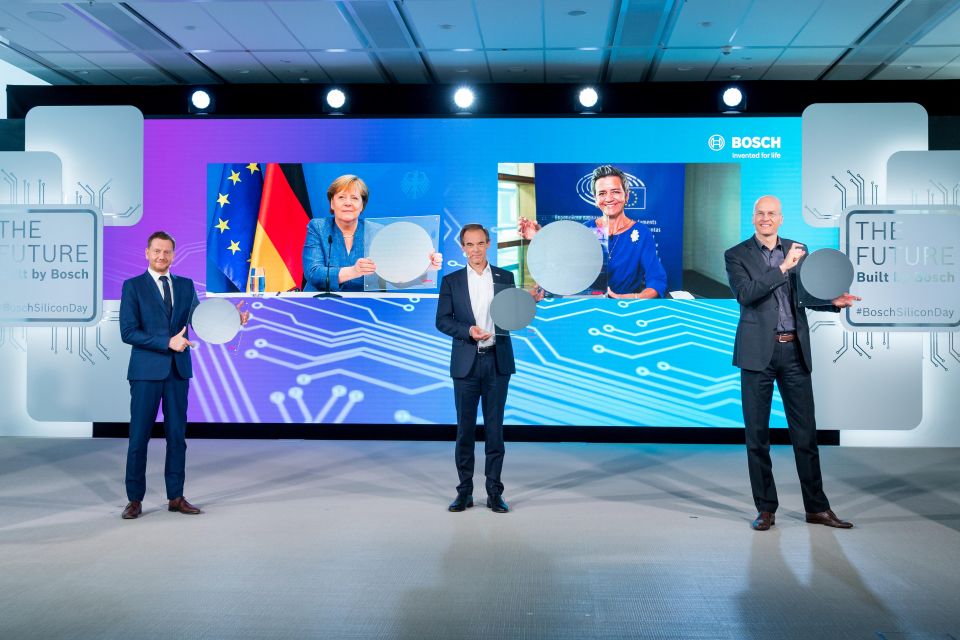
The Bosch plant received €200 million (A$315 million) in state funding and will begin making automotive chips in September 2021.
Chips built by the plant will be designed to carry out a single task, such as triggering a vehicle’s autonomous emergency braking system.
However, Reuters reports the production of these chips and Application Specific Integrated Circuits (ASICs) won’t completely solve the larger shortages of microcontrollers needed to run modern vehicles.
Despite this, Bosch has supported a broader push to double the region’s share of global chip production to 20 per cent by 2030, with some in the industry using the name ‘Silicon Saxony’.

The global semiconductor shortage is an ongoing issue which has affected nearly all of the major automotive manufacturers.
A rise in demand for personal computers, tablets, phones and even gaming consoles has put a strain on chips available for passenger vehicles.
According to consulting firm AlixPartners, the chip shortage is likely to cost the global automotive industry US$110 billion (A$142 billion) in revenue in 2021.
Nissan, Toyota and Jaguar Land Rover are among the automakers that have experienced factory shutdowns as a result of the shortage.
Some companies have had to take drastic measures when chips could not be supplied for their vehicles.


Peugeot, for example, made the decision to remove the digital instrument cluster from its 308 and instead fit analogue dials when the shortage hit, while General Motors has removed automatic stop/start from many of its full-sized SUVs and pickup trucks.
President Joe Biden signed an executive order in February to address the global shortage.
At the time, President Biden was seeking $37 billion in funding for chip manufacturing in the United States.


Dave Humphreys
3 Hours Ago

Damion Smy
4 Hours Ago
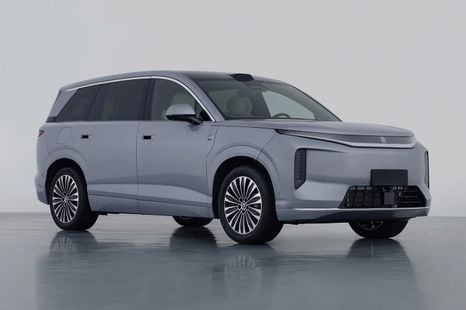

William Stopford
4 Hours Ago


CarExpert
6 Hours Ago
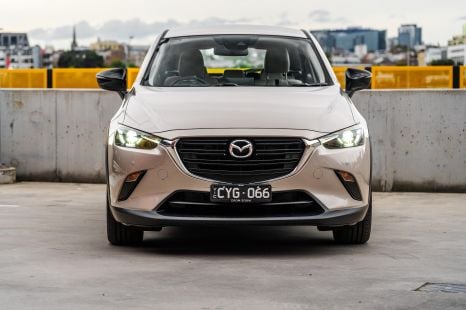

William Stopford
6 Hours Ago


Damion Smy
7 Hours Ago
Add CarExpert as a Preferred Source on Google so your search results prioritise writing by actual experts, not AI.